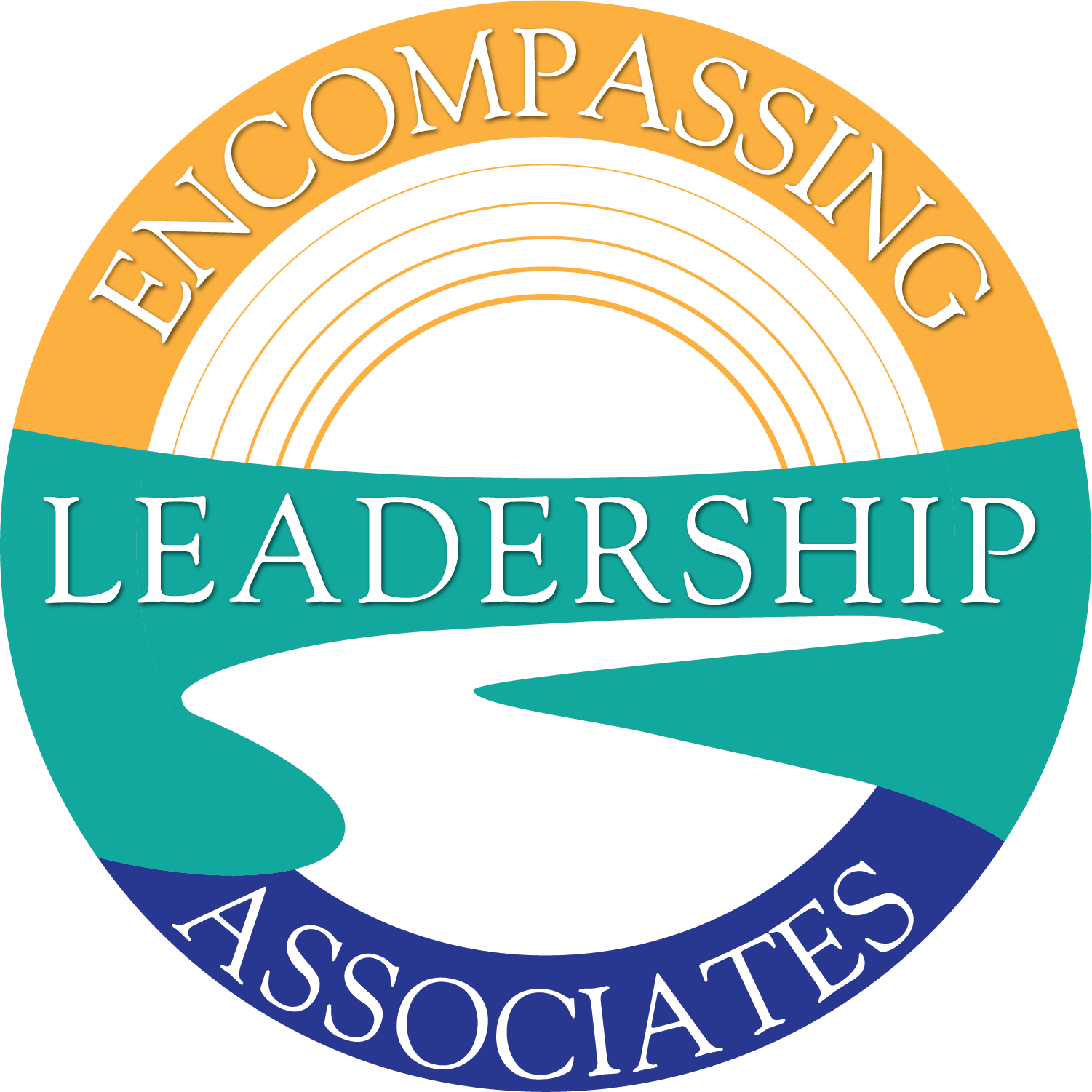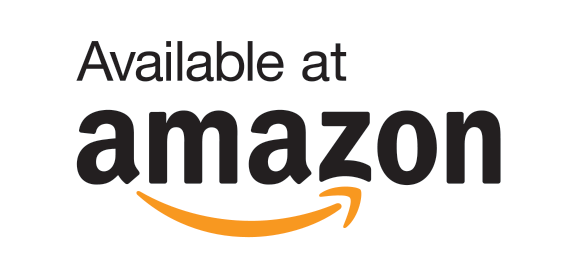Looking Upstream
We, people and companies alike, take comfort in habit. Doing the same comfortable thing over and over is not always in our best interest. When it comes to problems, we consistently gravitate to the quick and temporary fix, the band aid, when what was really necessary was a deep dive of examination and intervention into cause. Practicing misdiagnosis (or absence of diagnosis) by addressing symptoms instead of disease results in an incredible waste of time and energy; misplaced efforts that should be going elsewhere.
Imagine a body of water. We each inhabit a stretch of that stream. All is fine: the water is cool, clear, and tastes great. Then one day we walk down to the water’s edge and nothing is the same. The flow has become sluggish, clogged with silt, it smells funny, tastes bad. We hope it rains. We filter the water to make it cleaner. We provide additives to mask the smell. Still, the water is of a far lesser quality. If we step back and frame the issue from a larger expanse, we start to ask important questions. What is choking off our water? Why has the strong flow become a trickle? What entered the stream to make it look that way; to smell and taste bad? We realize that in order to get answers to those questions, we must travel upstream to find the source of trouble. There we will discover what is truly the cause of our disruption.
Let’s examine a common example across a number of industries. A company captures key customer information during the initial encounter of a multistep process. Staff on the frontend of this registration process are inputting incorrect data and/or omitting important information. These errors are corrected (if identified) or missed at varying points throughout the service process. The possible ramifications are many: poor customer experience, heightened risk for further error, lost revenue, declining customer base, reduced staff morale, and inefficiency. Instead of continuing this haphazard practice, the problem can be greatly mitigated if someone is willing to question the status quo and go to the source of the problem. Looking at data to find the origination of the errors and talking with stakeholders for possible solutions can result in a plan involving standardization, thoughtful computer prompts, training, and monitoring to positively impact the process from beginning to end. Now, everyone can get back to the meaningful work of achieving organizational mission…and identifying any other disruptions.
Instead of treating the issues at hand with superficial repetitive correction, we can break the cycle by identifying and fully addressing the root cause of an issue. Going upstream requires courage, systemic examination, inclusion, and creativity. It will not be easy – existing culture and fixed leadership may be barriers to overcome – yet the rewards call for a change in practice. The shrinking margin of error for many individuals and organizations calls for the cycle of continuous imperfection and inadequate improvement to become obsolete.
Articles from Encompassing Leadership Associates






